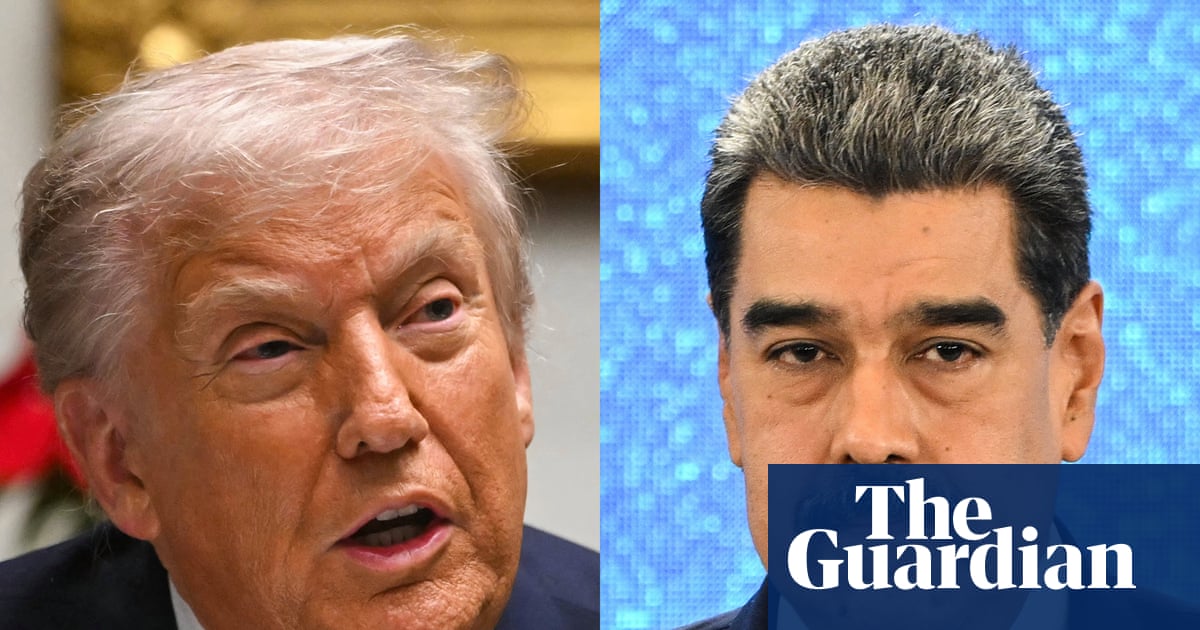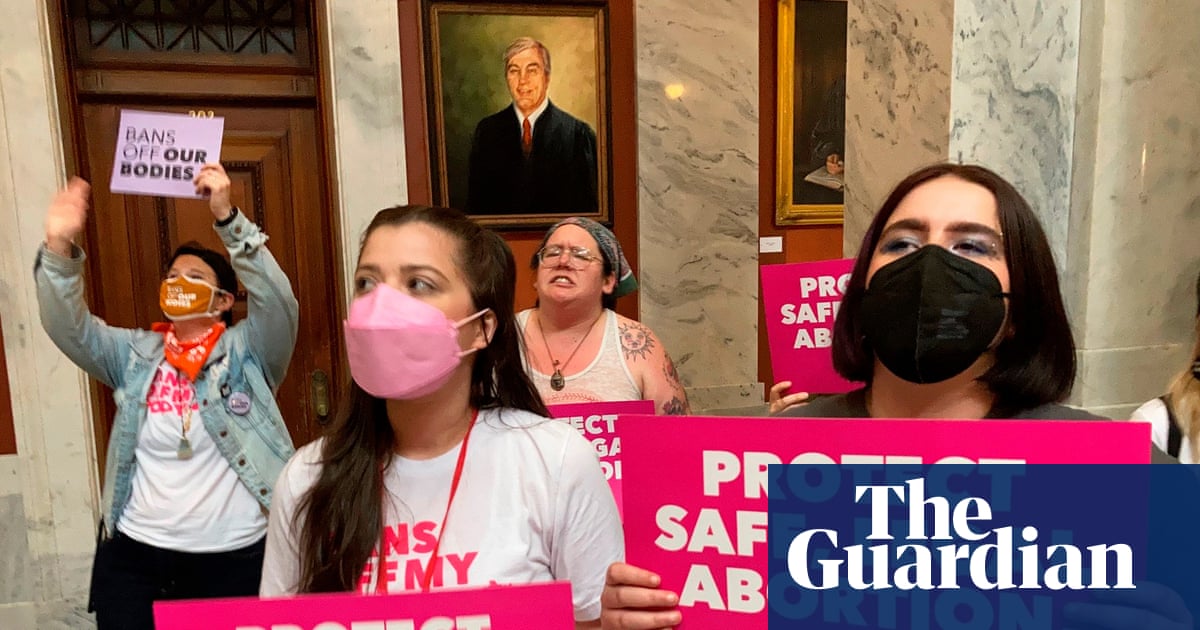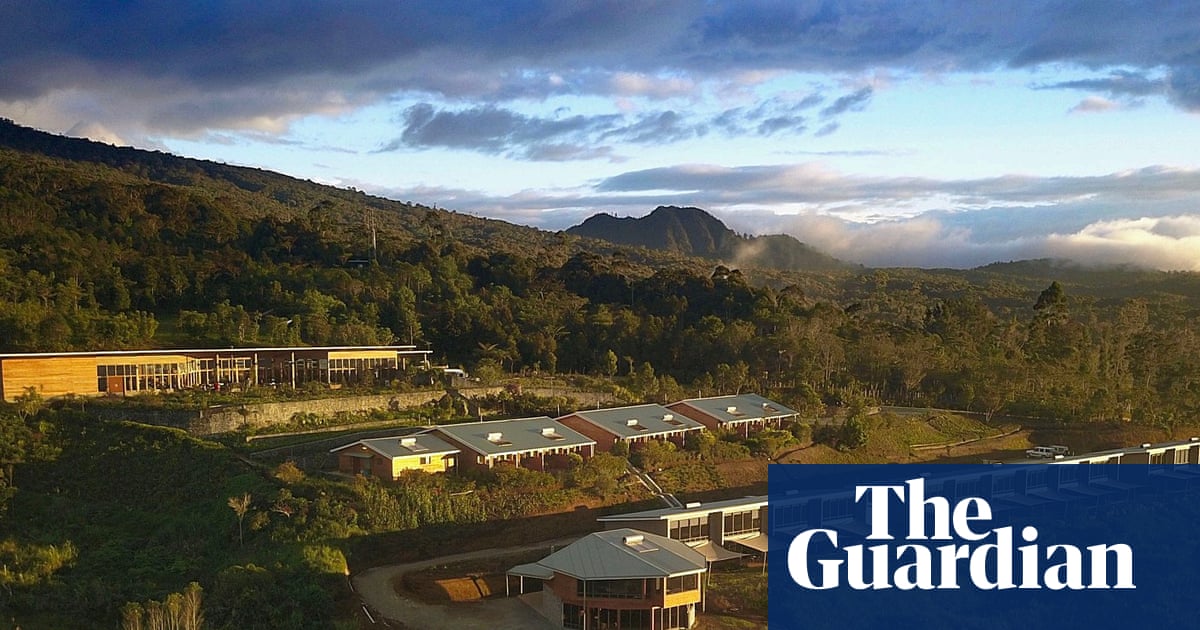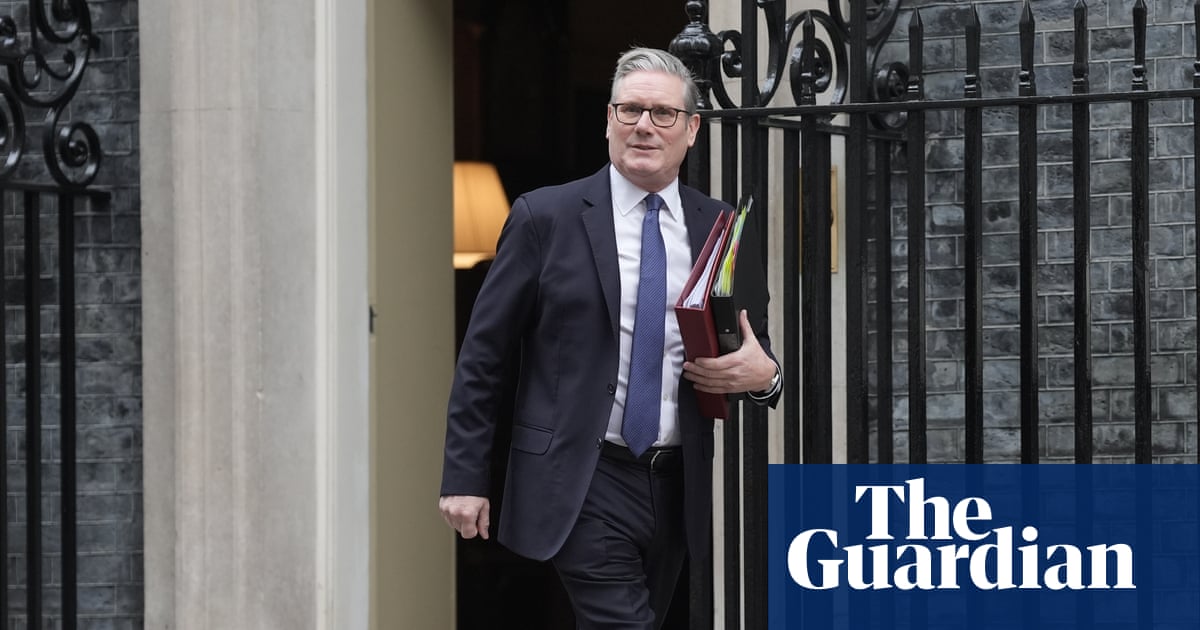1. We will continue our longstanding record of powerful environmental reporting, known around the world for its quality and independence
The Guardian has long been at the forefront of agenda-setting climate journalism, and in a news cycle dominated by autocrats and war, we refuse to let the health of the planet slip out of sight.
We stand out as a media organisation by examining why the climate emergency is creating a new era of demagogues and how powerful governments, financial institutions and big oil companies are turning their back on climate promises.
The Guardian has tracked how the Trump administration is defunding world-leading climate research agencies, firing droves of scientists and blocking access to cutting-edge information about climate trends. We published the US National Climate Report in full to ensure it can be found, for free, in the public domain.
Guardian reporters are investigating how money from climate deniers and fossil fuel interests is funding thinktanks linked to far-right groups in Britain and Europe. This is a clear attempt to break down the longstanding consensus over climate science and net zero campaigns.
Our reporters hold the corporate enablers of fossil fuel interests to account: from the public affairs firms lobbying on their behalf to water down climate policy to the banks financing “carbon bomb” projects that will blow through the dwindling carbon budget.
In these bleak times, it is also crucial to report on the strength of the resistance and the possibility for positive change: the leaders still seeking global solutions, the youth activists who have launched a new campaign to “villainise big oil”, the taskforce dreaming up radical climate solutions and the campaigns that remind us that the overwhelming majority of people in the world want more ambitious climate action.
2. We will report on how climate breakdown is already affecting people, the natural world and other species, as well as what to do about it
Over the past year, alongside our daily reporting on climate impacts and extreme weather events, several new series shone a light on the people whose lives are being directly altered by the climate crisis, and the solutions people are creating in their own homes and communities.
For This is climate breakdown our reporters worked alongside researchers and humanitarian workers at the Climate Disaster Project in Canada and the International Red Cross to compile a series of testimonies from survivors of recent extreme weather events.
My DIY climate hack shared inspiring examples from readers who are creating their own solutions to the environmental challenges they face – inspiring individuals who have turned their gardens into micro-farms, started free clothing swaps, organised low-waste weddings, invented energy-saving gadgets and more.
Our ongoing Alternatives series highlighted the local communities and political parties coming up with low-carbon ways of living that might actually scale.
And our one-of-a-kind survey highlighted the fears and concerns of hundreds of the world’s leading scientists, and their views on the most powerful climate actions you can take.
3. We will publish up-to-date global indicators that point to the urgency of the situation
As climate records continue to be broken, we reported on new data that illustrates how planetary conditions are changing rapidly:
-
2024 was the hottest year on record, driving the annual global temperature above the internationally agreed 1.5C target for the first time
-
Winter temperatures at the north pole reached more than 20C above the 1991-2020 average in early 2025, crossing the threshold for ice to melt
-
The planet’s remaining carbon budget to meet the international target of 1.5C has just two years left at the current rate of emissions
-
Humans are driving biodiversity loss among all species across the planet, according to the largest syntheses of the human impacts on biodiversity ever conducted worldwide
-
Tipping points – in the Amazon, Antarctic, coral reefs and more – could cause fundamental parts of the Earth’s system to change dramatically, irreversibly and with devastating effects. We asked the experts about the latest science – and how it makes them feel
4. The Guardian will eliminate two-thirds of its emissions by 2030 and reduce our impact on nature
Since 2020, our company greenhouse gas emissions have reduced by 48%, putting us well on track to achieve our target of a 67% reduction by 2030. In the last reporting year, emissions fell by 9%.
The biggest reductions so far in our plan have come from our print business, which now accounts for 64% of our total footprint, compared with 73% in 2020. As our business becomes more digital and more global, emissions from our digital products, IT operations and business travel will account for a larger proportion of emissions.
We are committed to reducing all areas of our footprint, which is why we have developed a bespoke climate literacy course for our staff to empower all colleagues to take action in their area of the business.
5. We will seek to decouple our business and finances from fossil-fuel extractive companies
The Guardian has refused advertising from all fossil-fuel extractive companies since January 2020.
The Guardian is supported by the Scott Trust and the returns from its endowment fund. The fund’s environmental strategy is focused on contributing to a reduction of emissions in the real world and to protecting nature and biodiversity. The fund has made significant investments in environmental solutions, with more than £100m now invested in areas ranging from cutting emissions in manufacturing processes to increasing the resilience of food systems in a warming world. Additionally, the fund has made a commitment to invest at least 3% of its value in natural capital and biodiversity solutions.
The endowment’s environmental focus builds on work started in 2015 to divest from fossil fuels.
6. We will be transparent with our progress
We believe transparency is the key to tackling the climate crisis. By sharing our data, our successes and our challenges, we can be part of the global movement to make businesses accountable for their climate and nature impacts.
In the past year we have:
-
Published our annual company emissions data, explaining what drives our emissions and where they have risen and fallen
-
Created a digital course, as part of an initiative by the Sustainable Journalism Partnership, sharing examples from experts across the Guardian of how to embed sustainability into journalism and media commercial operations
-
Contributed our time and knowledge to working groups in the advertising industry that are working on better ways to measure the emissions impact of advertising
We open ourselves up to scrutiny by independent third parties, such as the Science-Based Targets initiative (SBTi) and B Corp, so they can assess the robustness of our targets and our internal policies.

 3 months ago
137
3 months ago
137

















































